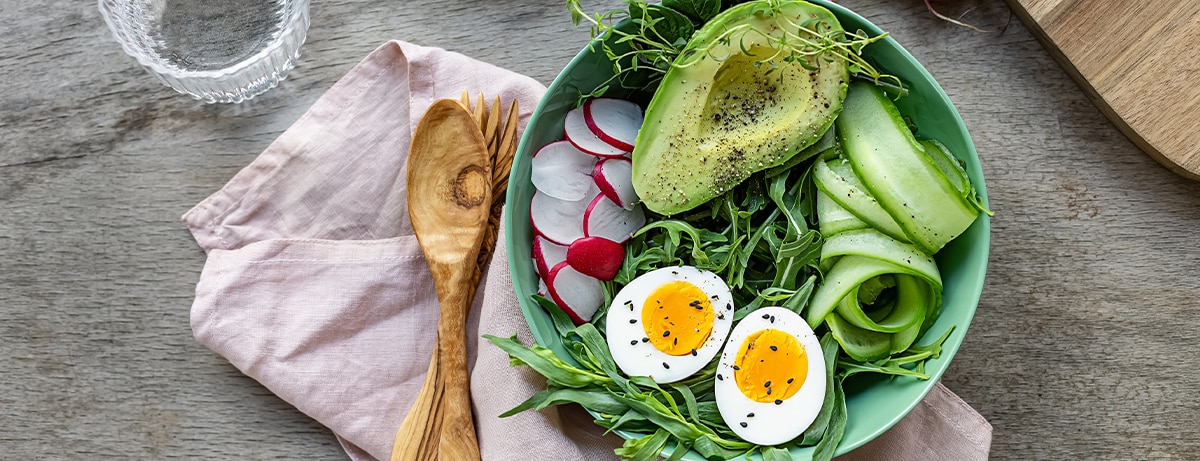10% off £35
What do your cravings mean?
.png)
Food cravings usually mean your body is trying to tell you something, whether it’s that you’re not eating enough or that you have a deficiency in a certain vitamin or nutrient.
There are plenty of ways to understand common cravings, including symptoms to watch out for and ways to manage cravings, and it’s all here for you.
What does is the meaning of “craving”?
According to the Dictionary, a “craving” is “an intense, urgent, or abnormal desire or longing.”
In this case, food cravings are when you just can’t get a certain snack or type of food off your mind…
What are food cravings?
One of the main reasons the body craves extra food on a diet is that it wants more energy. Calories are a unit of energy.
So, when you diet and start losing body fat, your body will do everything in its power to maintain balance.
This includes sending out powerful signals to make you want to eat.
Are food cravings bad?
These signals aren't helpful if you’re overweight and need to reduce your weight for health reasons.
Don’t forget we have another powerful source of energy available to us, and it’s calorie-free.
Extra sleep and rest are very useful when you are on a diet.
Are cravings a sign of deficiency?
If you are having cravings on your diet, look at what you have been eating.
Choose foods which replace key missing vitamins, minerals, or micronutrients.
When you are in a calorie deficit, you need to be careful about nourishing your body and making good food choices.
Summary
- A “craving” is an especially strong desire for a certain thing, such as chocolate
- Food cravings occur because our bodies want more energy, often brought on by diets
- Cravings may appear due to a change in diet or lack of sleep, but they can also be a sign of deficiency in our diet
11 types & symptoms of food cravings
Here are 11 popular food cravings and what they might be trying to tell you.
1. Craving salt
1. Craving salt
Some people crave salty foods like crisps, chips, and savoury snacks.
This is linked to low levels of electrolytes, dehydration, and stress, which may be shown in symptoms such as headaches, nausea, and an inability to concentrate.
Eat more Vitamin B foods like nuts, seeds, whole grains, fruit, and vegetables.
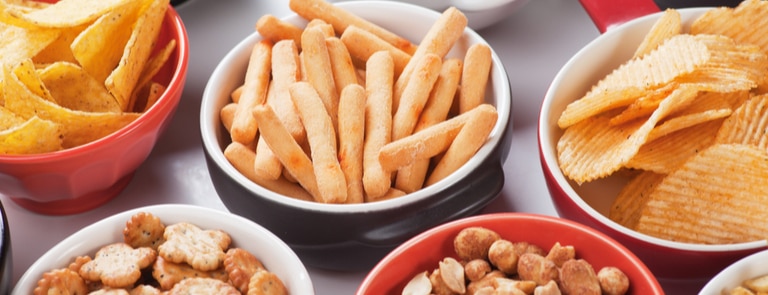

2. Chocolate cravings
2. Chocolate cravings
Chocolate is a combination of fats and sugars (carbohydrates), but it also contains significant vitamins and minerals.
So, your body might be asking for magnesium, chromium, or B vitamins as well as essential fats.
Try 90% chocolate or 100% cacao. Buy a small bar, or better still, try cacao nibs as raw chocolate can often have more minerals than normal chocolate.
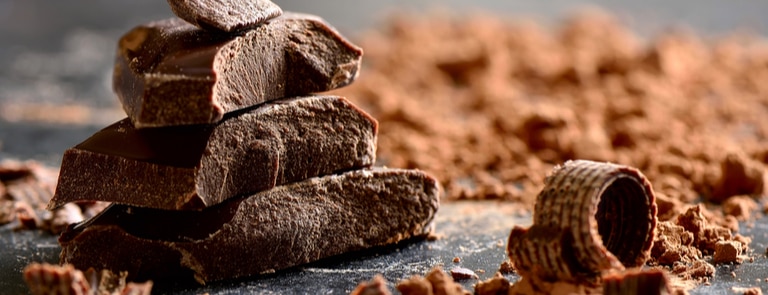

Chocolate cravings can indicate a need for happy hormones like serotonin, meaning that a low mood could be a clear symptom for incoming chocolate cravings.
Alternatively, consider a non-food treat like an early night, a cuddle with your pet, or some quality time with a loved one.
3. Craving protein
3. Craving protein
Protein can be found in many healthy foods, such as white meats, fish, rice, lentils, and nuts.
However, it can be hard to know when you’re craving protein specifically as it may manifest in a number of ways.
Symptoms of protein deficiency may be brittle hair or nails, loss of muscle mass, or an increase in desire to eat savoury, high-protein foods.1,2,3
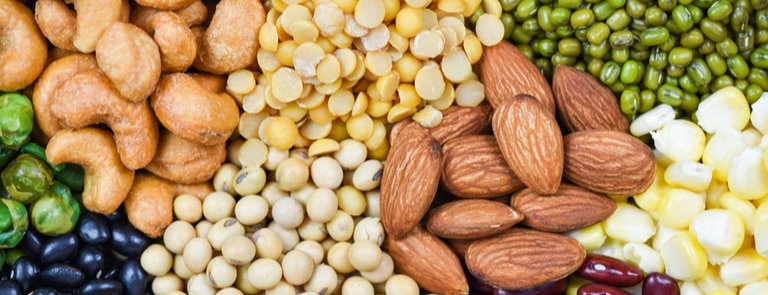

4. Craving milk
4. Craving milk
There are a number of reasons why you might craving milk.
For starters, milk is 87% water, so you may be thirsty.
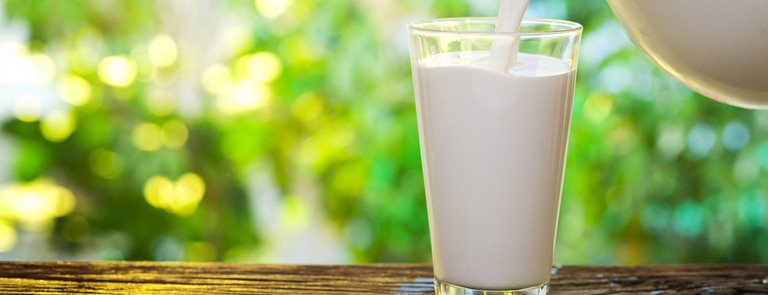

Outside of that, milk has high levels of protein (8g) and fat (7g), so if you recently started a diet, your body may be searching for a quick way to appease your hunger.
Milk also contains 18 of the 22 essential vitamins and minerals our bodies need, a number of which – Vitamin A, Vitamin B-12, calcium, magnesium, and zinc – our bodies can’t produce on their own.4
See if your daily meals are giving you enough of these nutrients!
5. Cheese cravings
5. Cheese cravings
If you’re craving cheese, fried foods, or other high-fat options, you could need more essential fatty acids, such as omega-3.
Introduce oily fish, whole eggs, avocado, or take a good quality fish oil supplement. Symptoms of an omega-3 deficiency may include dry skin, dry eyes, or lower moods.5,6,7
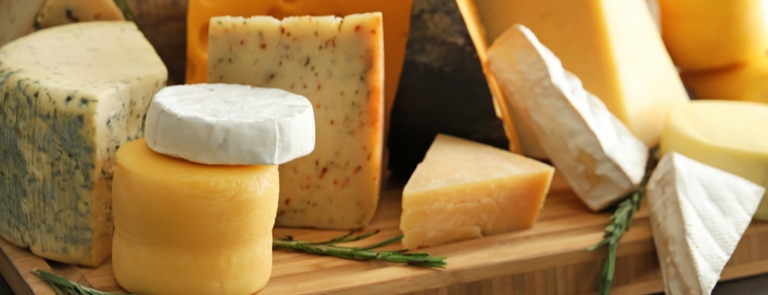

6. Craving carbs
6. Craving carbs
If you’re cravings savoury carbs, it’s a sign that you are low on energy.
To an extent, this is to be expected. An energy imbalance is the only way to lose unwanted weight. But carb cravings can also indicate blood sugar fluctuations.
Fill up on fibre-rich carbohydrate foods like fruit (apples and bananas are a good choice), root vegetables, and cruciferous vegetables.
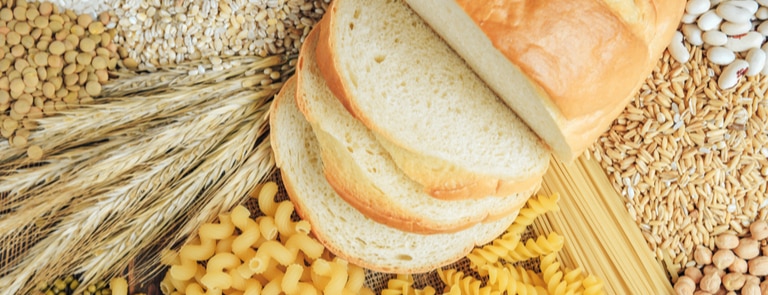

7. Vinegar craving
7. Vinegar craving
Some believe that craving vinegar is a symptom of low stomach acid, something our body produces to help with digestion.
Although no studies yet confirm this, the NHS recommends avoiding acidic foods as they may increase the risk of heartburn.8
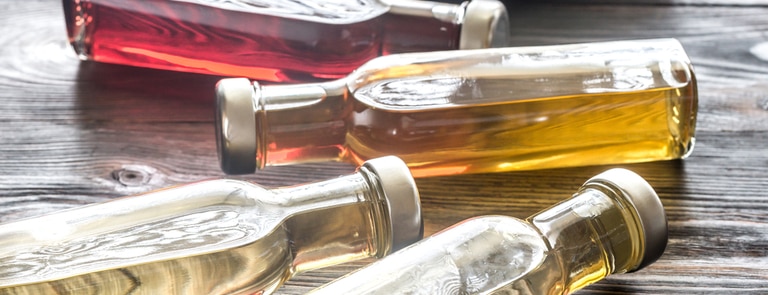

8. Craving cake
8. Craving cake
Cake is delicious, there’s no question there… However, your body is likely craving the sugar that’s often in baked goods.
When our bodies crave sugar, it’s likely in search of additional energy.
If you’re showing symptoms of fatigue – perhaps after a bad night’s sleep or you recently switched to a new diet – try drinking water or eating a healthy, high-protein snack like nuts and seeds. This should curb your craving.
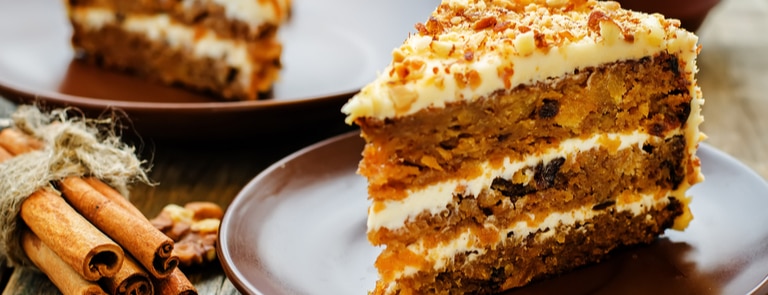

9. Craving fruit
9. Craving fruit
Whether you’re craving apples, craving bananas, craving oranges, craving pineapples, or craving another fruit entirely, you have one of the healthiest cravings going!
Fruits are full of important vitamins, nutrients, and fibre, but craving fruit can be a symptom of dehydration, low blood-sugar levels, or even a change in hormones, such as pregnancy.9
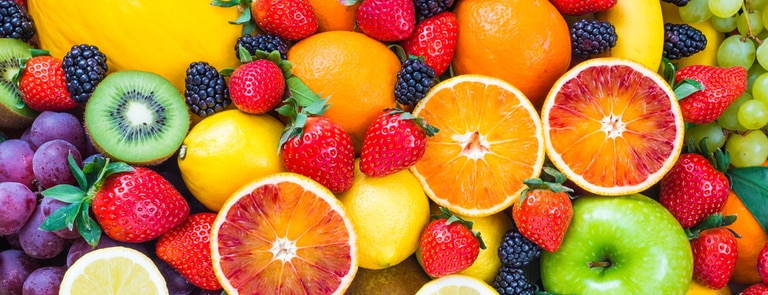

10. Craving fish
10. Craving fish
Fish are naturally high in fatty acids like omega-3, so craving fish may be mean that you need more omega-3 in your diet.
Other symptoms to watch out for if you’re deficient in omega-3 could be dry skin, dry eyes, or lower moods.10,11,12
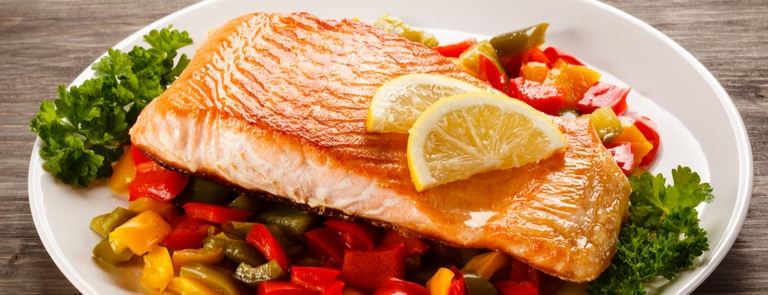

11. Cravings for sugar
11. Cravings for sugar
Sugar is a difficult craving to manage.
Sugar is totally lacking in essential nutrients, so it’s more likely that your body is asking for fast energy, or that it is replaying an old habit loop.
Giving in to sugar cravings will make dieting much more difficult.
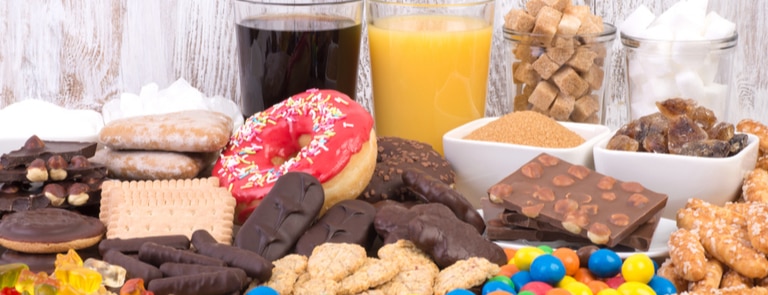

Try fruit or berries, ideally combined with some protein to fill you up.
Real Greek yoghurt or cottage cheese, with frozen berries and some 90%+ dark chocolate, is a great idea.
And drink some water. Experts think we crave sugar more when we are slightly dehydrated.
12. Unusual cravings
12. Unusual cravings
Are you craving things like ice, clay, chalk, or dirt? It’s not as unusual as you might think.
These types of non-food cravings point to a mineral deficiency.
Make sure you’re eating lots of dark leafy greens, green vegetables, nuts, and seeds.
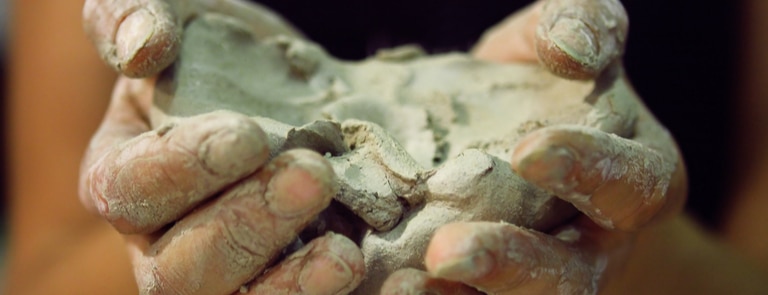

Summary
- Craving salt: You may be dehydrated, stressed, or lacking electrolytes
- Chocolate cravings: Your body may want magnesium, chromium, or Vitamin B
- Craving protein: Look out for brittle hair or nails, and loss of muscle
- Craving milk: You may be thirsty, hungry, or lacking essential nutrients
- Cheese cravings: You may be deficient in omega-3 - look out for dry skin or eyes
- Craving carbs: You may be low on energy
- Vinegar craving: Potentially a symptom of low stomach acid, but not yet confirmed. confirm
- Craving cake: You may be low on energy - fnd a healthy snack, quick!
- Craving fruit: A symptom of dehydration, low blood sugar, or changes in hormones
- Craving fish: You may need more omega-3 in your diet
- Cravings for sugar: Your body needs more fuel - fill it with high-protein energy
- Unusual cravings: This may be a symptom of a mineral deficiency
9 ways to manage food cravings
-
Avoid restrictive diets
Studies have proven that restrictive diets that leave you hungry may significantly increase cravings, as you might expect if you’re hungry throughout the day!13
-
Eat enough
Even if you’re not on a diet, not getting enough calories throughout the day has been found to increase the frequency and strength of cravings.14
-
Get enough protein in your diet
High-protein diets have been associated with a decrease in late-night bingeing on high-sugar, high-calorie foods, and also help to decrease food cravings.15,16,17
-
Distract yourself
If you’re calorie-counting or on a new diet, it’s natural to be thinking about food more than normal.
The more you think about food, the more you think about the treats you’re depriving yourself of, so keep yourself busy with healthy snacks and activities away from unhealthy food.
-
Crack down on stress
Studies have found a strong link between chronic stress and cravings, believed to be because stress can significantly affect hormone levels, also responsible for controlling the appetite.18,19
-
Keep chewing gum nearby
Not only will it keep your breath minty fresh, but studies have found that chewing gum may also help to reduce cravings for sweet and salty foods.20
-
Be aware of low-energy habits
When you have low blood sugar, your body sends signals to send you in search of high-calorie foods that will provide energy.21
Try not to leave long durations between meals to avoid this!
-
Drink more water
Drinking more water throughout the day may reduce your cravings as hunger and thirst often have very similar feelings.
-
It’s all about balance
Studies have found that diets with more flexibility – e.g. treating yourself now and then – may actually help to reduce cravings.22
Summary
- If your diet is too restrictive, you’re more like to be craving high-carb foods
- Having enough calories can go a long way in preventing cravings
- Increase the protein in your diet for meals that keep you sustained for longer
- Have healthy snacks or activities ready to distract yourself from cravings
- Stress can make cravings stronger, so try to keep calm to beat your cravings
- Chewing gum may prevent cravings
- Notice when your energy dips and have a healthy snack ready
- Drink more water: Hunger and thirst often feel the same
- As long as you have a balanced diet, it’s okay to enjoy the foods you crave sometimes
The final say
Now you’re all clued up on cravings, from what cravings mean to how to manage them.
Still craving more information? Here’s all the guilt-free guidance you need with our articles on “How to beat sugar cravings” and “How to get enough protein.”
Last updated: 23 August 2021
- https://pubmed.ncbi.nlm.nih.gov/13963281/
- https://pubmed.ncbi.nlm.nih.gov/12122158/
- https://pubmed.ncbi.nlm.nih.gov/22158729/
- https://www.bmj.com/content/349/bmj.g6015
- https://pubmed.ncbi.nlm.nih.gov/22123240/
- https://pubmed.ncbi.nlm.nih.gov/29652551/
- https://www.ncbi.nlm.nih.gov/pmc/articles/PMC4404917/
- https://www.nhs.uk/live-well/eat-well/good-foods-to-help-your-digestion/
- https://www.nhs.uk/live-well/eat-well/why-5-a-day/
- https://pubmed.ncbi.nlm.nih.gov/22123240/
- https://pubmed.ncbi.nlm.nih.gov/29652551/
- https://www.ncbi.nlm.nih.gov/pmc/articles/PMC4404917/
- https://pubmed.ncbi.nlm.nih.gov/22306437/
- https://www.ncbi.nlm.nih.gov/pmc/articles/PMC7399671/
- https://www.ncbi.nlm.nih.gov/pmc/articles/PMC6179508/
- https://pubmed.ncbi.nlm.nih.gov/29070709/
- https://www.ncbi.nlm.nih.gov/pmc/articles/PMC4249715/
- https://www.ncbi.nlm.nih.gov/pmc/articles/PMC6186388/
- https://www.ncbi.nlm.nih.gov/pmc/articles/PMC6186388/
- https://www.ncbi.nlm.nih.gov/pubmed/21718732
- https://pubmed.ncbi.nlm.nih.gov/21926468/
- https://pubmed.ncbi.nlm.nih.gov/29494790/


